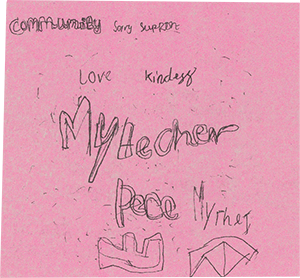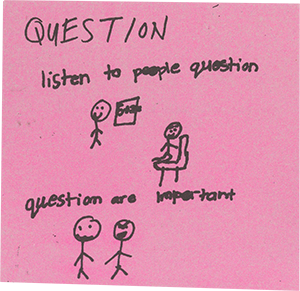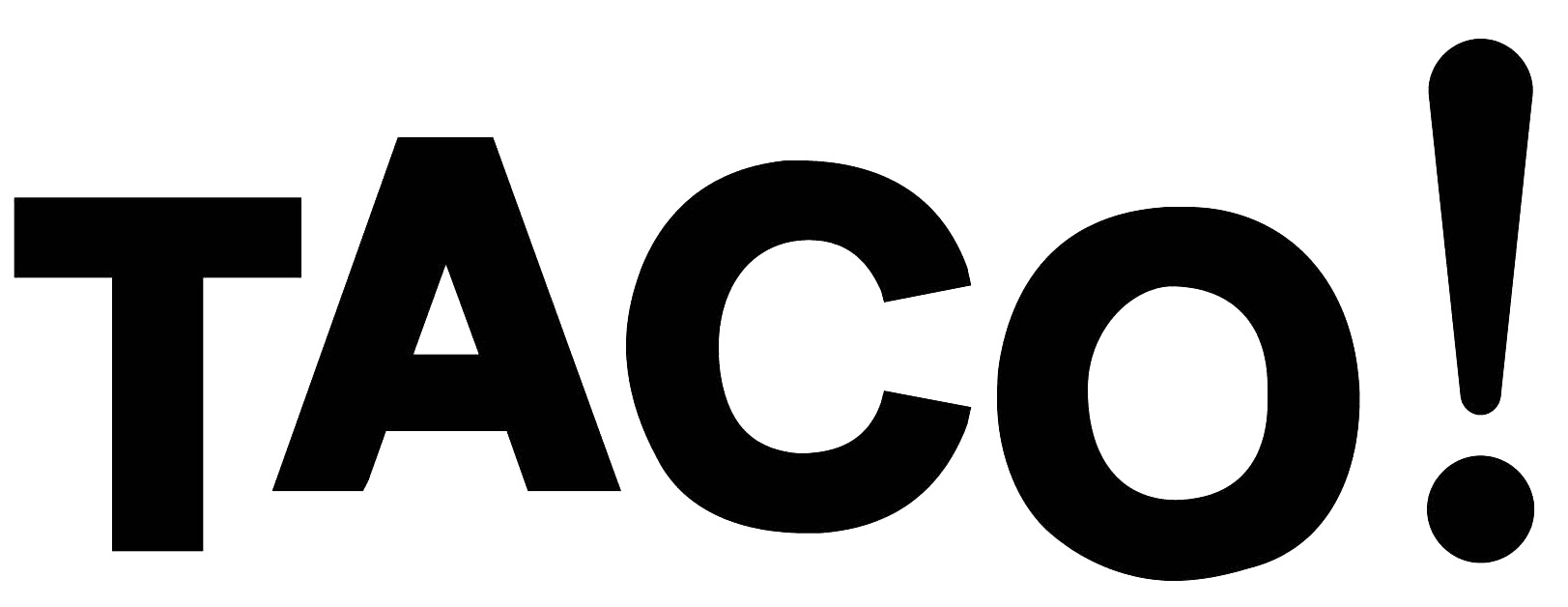the hundred club ethos 🗯️the hundred club ethos🗯️
the hundred club ethos 🗯️the hundred club ethos🗯️
This ethos is an evolving shared understanding of what we believe, how we work with families and artists, and why we do it!
The ethos was written by Ruth Beale and Natasha Bird from TACO!, in conversation with the families and artists involved in the Hundred Club.
Below is an abridged version of our ethos. A full version can be found here.
We make art and play together
We think playing and creating helps kids share their ideas and feelings. We get to try out cool materials, learn new things, and have fun using our imaginations. Sessions usually have a theme and activity, but are open-ended – meaning you can decide what you want to do.
Kids lead the way
We believe kids are the experts of their own lives. Everyone helps choose what we do in the club by sharing ideas. We all work together, vote on things, or make group decisions. We learn to speak up, and to listen. Children can help plan activities, make playlists, or suggest games. There’s even a special group of families called a Steering Group who help decide what The Hundred Club should do next.
We talk about fairness and the world
We know that kids care a lot about what’s fair. In The Hundred Club we talk about things like helping the planet, making our communities better, treating everyone kindly and standing up for what’s right. We do this in ways that feel safe, respectful, and fun.
We work with artists and designers
Artists help bring big ideas to life. They have lots of skills to share, and can help everyone in the club to create their own real artworks. Artists have helped us make all sorts of things, from costumes to radio transmitters, typography to screenprints. The artists are encouraged to try new things and talk about big ideas in ways kids understand. We try to make sure the artists are treated fairly and supported, just like everyone else.
We share what we make
You can become a reporter, artist, or designer! Taking on these roles is a great way to ask questions and share what we find out and what we think. We’ve made newspapers, posters, stickers, sound art, badges, parades and even a billboard.
It’s a club for the whole family
Adults stay and take part. That way, kids and grown-ups can learn together. Activities are designed for 5-12 year olds, but everyone is welcome, and we love it when parents, carers, and siblings get involved. We let parents know if we’ll be talking about any big topics, and they can ask questions any time. Sometimes this helps the talking and learning continue at home too.
Everyone is welcome
No matter who you are, you’re welcome in the club. We support children with different needs and talk to families to make sure everyone feels included and comfortable. We also think it’s important who’s part of the conversation and where ideas come from, so try to explore different sources of inspiration and learn from a mix of artists, each bringing their own unique experiences.
We look after wellbeing
We care about how everyone in the club feels. Sometimes we do calm breathing, offer healthy snacks, or take quiet breaks. You never have to do anything you don’t want to—just join in when you’re ready!
We care about the planet
We try to be kind to the Earth by reusing materials, walking or taking public transport, and printing only when needed. Even our newspaper is printed in an eco-friendly way.
The ethos was written by Ruth Beale and Natasha Bird from TACO!, in conversation with the families and artists involved in the Hundred Club.
Below is an abridged version of our ethos. A full version can be found here.
- § -
We make art and play together
We think playing and creating helps kids share their ideas and feelings. We get to try out cool materials, learn new things, and have fun using our imaginations. Sessions usually have a theme and activity, but are open-ended – meaning you can decide what you want to do.
Kids lead the way
We believe kids are the experts of their own lives. Everyone helps choose what we do in the club by sharing ideas. We all work together, vote on things, or make group decisions. We learn to speak up, and to listen. Children can help plan activities, make playlists, or suggest games. There’s even a special group of families called a Steering Group who help decide what The Hundred Club should do next.
We talk about fairness and the world
We know that kids care a lot about what’s fair. In The Hundred Club we talk about things like helping the planet, making our communities better, treating everyone kindly and standing up for what’s right. We do this in ways that feel safe, respectful, and fun.
We work with artists and designers
Artists help bring big ideas to life. They have lots of skills to share, and can help everyone in the club to create their own real artworks. Artists have helped us make all sorts of things, from costumes to radio transmitters, typography to screenprints. The artists are encouraged to try new things and talk about big ideas in ways kids understand. We try to make sure the artists are treated fairly and supported, just like everyone else.
We share what we make
You can become a reporter, artist, or designer! Taking on these roles is a great way to ask questions and share what we find out and what we think. We’ve made newspapers, posters, stickers, sound art, badges, parades and even a billboard.
It’s a club for the whole family
Adults stay and take part. That way, kids and grown-ups can learn together. Activities are designed for 5-12 year olds, but everyone is welcome, and we love it when parents, carers, and siblings get involved. We let parents know if we’ll be talking about any big topics, and they can ask questions any time. Sometimes this helps the talking and learning continue at home too.
Everyone is welcome
No matter who you are, you’re welcome in the club. We support children with different needs and talk to families to make sure everyone feels included and comfortable. We also think it’s important who’s part of the conversation and where ideas come from, so try to explore different sources of inspiration and learn from a mix of artists, each bringing their own unique experiences.
We look after wellbeing
We care about how everyone in the club feels. Sometimes we do calm breathing, offer healthy snacks, or take quiet breaks. You never have to do anything you don’t want to—just join in when you’re ready!
We care about the planet
We try to be kind to the Earth by reusing materials, walking or taking public transport, and printing only when needed. Even our newspaper is printed in an eco-friendly way.



